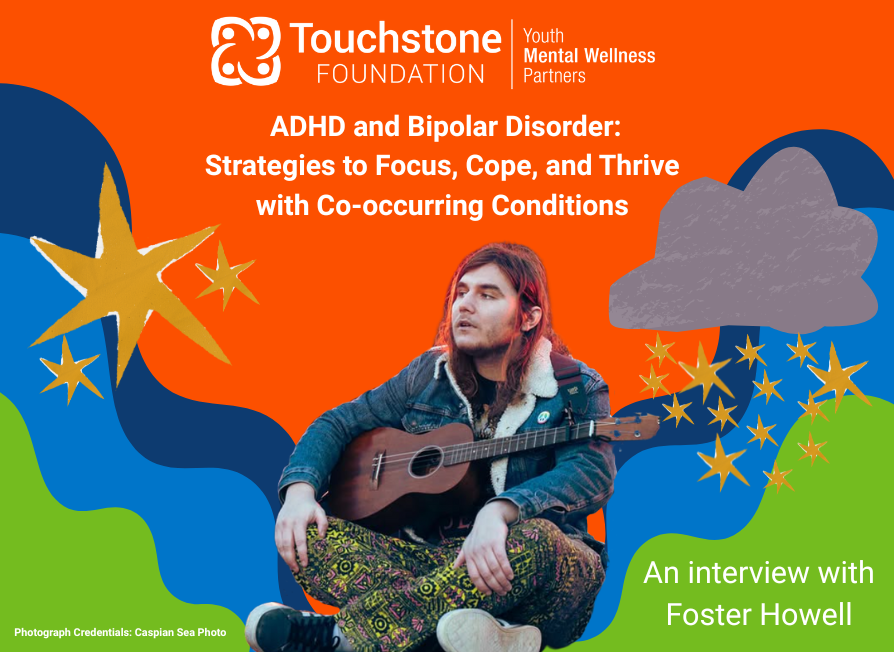
The pain and suffering of untreated depression or anxiety may be the greatest impetus for someone to consider ending their life. If they complete suicide, loved ones are left with regret, guilt, and unspeakable grief. Children and teens are left traumatized, struggling to process their loss. Too often, teens are losing their peers to suicide. If someone you love has ended their life, there is local support for you.
The good news is that suicide is preventable! But it takes each of us to help by knowing the signs, how to talk to someone when you are concerned, and how to get help.
Know the Signs
Prevention of suicide of teens (and adults) in Lancaster County starts with knowing the five signs of emotional distress: Personality change, agitation, withdrawal, poor self-care, and hopelessness. Learn more about the five signs.
Risk factors for suicide include:
- Family history of suicide
- A history of mental disorders, particularly clinical depression
- A history of alcohol and substance abuse
- Feelings of hopelessness, impulsiveness or aggressive tendencies
- Isolation: A feeling of being cut off from the world
- Perceived barriers to mental health treatment
- Loss (relationships, social engagement, job, or finances)
- Physical illness or chronic pain
- Unwillingness to seek help because of stigma
Be concerned if someone you know:
- Talks about wanting to kill themself
- Is investigating ways to kill themself (such as Internet searches, or suddenly buying a gun)
- Says they feeling hopeless, with no reason to live
- Says they feel trapped or in unbearable pain
- Describes themselves as a burden to others
- Has increased their use of alcohol or drugs
- Exhibits anxious, agitated, or reckless behavior
- Is withdrawn, or says they feel isolated
- Experiences extreme mood swings
- Has become preoccupied with death
- Is suddenly calmer, happier than usual
- Has lost interest in activities and things they cared about
- Is giving things away, such as prized possessions
Find the Words
“Are you thinking of ending your life?” Few phrases are as difficult to say to a loved one. But when it comes to suicide prevention, none are more important. Learn some more ways to get the conversation started. It’s time to talk.
We must also listen. See one teen’s plea on TEDx about his experience with depression and suicidal ideation. Watch one teen’s plea to start talking about depression and suicide. It’s time to talk. It’s time to listen.
Reach Out
You are not alone in grieving the loss of a loved one to suicide. View our list of supportive resources and communities. You are also not alone in helping someone in crisis. Help is just a call, text, or click away.
National Suicide Prevention Lifeline: 1 (800) 273-8255
Crisis Text Line: text “EMM” to 741741.
For support in Lancaster County:
- Aevidum student groups. The word Aevidum, which means “I’ve got your back,” was created by students after they lost a classmate to suicide. What started in one tiny school in Lancaster County, Pa., has now become a nationwide movement.
- Mental Health America of Lancaster County offers support groups and resources for families and individuals.
- The Lancaster County Suicide Prevention Coalition through Mental Health America is a partnership of mental health professionals, schools, and families, dedicated to increasing suicide prevention awareness.
Join LOHF and others in the local movement to prevent suicide at www.stopsuicidelancaster.org. It takes all of us to change direction for our teens and families in Lancaster County.




